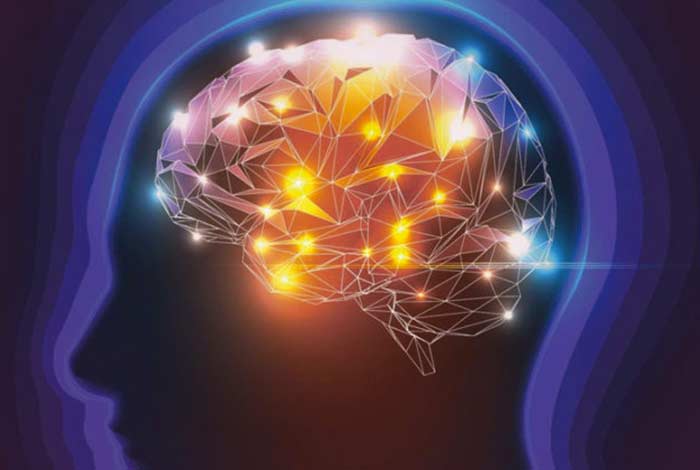
Scientists Point Out Where The Brain Processes Spiritual Experiences

We may not be religious enough, but a lot of us go through times in life that can be thought of or considered as spiritual. This is the time when we feel connected with the world around us. We find meaning in whatever happens with us and we become serene.
Scientists have tried to understand where these “beyond the ordinary” moments are processed in the brain of humans and discovered that a region in the parietal cortex is related to spiritual experiences and transcendental moments.
According to Marc Potenza, neuroscientists at Yale University, spiritual experiences have a considerable impact on people’s lives. If we get empowered with the knowledge about the neural bases of these experiences, then we can better understand their importance with respect to resilience as well as recover from conditions of the mind and addiction.
To know, where the spiritual experiences and moments occur in the brains of the people, 27 young healthy individuals were interviewed by Potenza. The subjects were asked to develop a personalized imagery script, wherein they remembered a spiritual occurrence from their early life. Participants were told to describe a situation in which, they felt a strong connection with a higher state of being or some spiritual presence.
Spiritual states mean that you connect to something bigger than yourself. There is a sense of oneness and a force, which connects to higher power, transcendent figure and elevated consciousness.
In another session, volunteers went through functional MRI brain scans that recorded activity as they heard a female reciting the spiritual experiences encountered by them.
The whole idea was to make the recruits remember their personal moments, wherein they experienced spirituality. Imaging of the brain activity was then studied to see how spirituality got registered cognitively.
The paper explains that over time and throughout history, human beings have listed their spiritual experiences and a sense of unity that goes beyond the ordinary sense of self.
However, not much is known about the underlying neural pathway connection when examined across traditions and different cultures.
It was found that when spiritual experiences were remembered by the participants, there was reduced activity in the left interior parietal lobe, which is related to awareness of others and self. Also, there was significant reduction in the activity in caudate and medial thalamus, which is related to sensory and emotional processing.
The findings suggest that spiritual experiences may involve encounter with an entity outside of oneself. This result is consistent with a feeling of connection or surrendering to a deity or a revered idol as explained in religious literature.
Nonetheless, there had been a limitation with this research. The findings were based on a study conducted on 27 subjects, all of whom, were young and hailed from New Haven, Connecticut.
Their experiences of spirituality cannot be extended to the entire population in general. This has been acknowledged by the team and they have decided that a more diverse background should be incorporated in the subsequent studies.
But, as this study gives us new insights into how spirituality affects the brain and the feelings of serenity and connectedness that come with it, it could give us an avenue to research in the domain of neurology of mental health.
Researchers say that by understanding how spiritual experiences are mediated by the brain, we would be able to integrate spirituality into prevention and treatment in areas related to mental health conditions. These findings have been issued in the journal, Cerebral Cortex.




